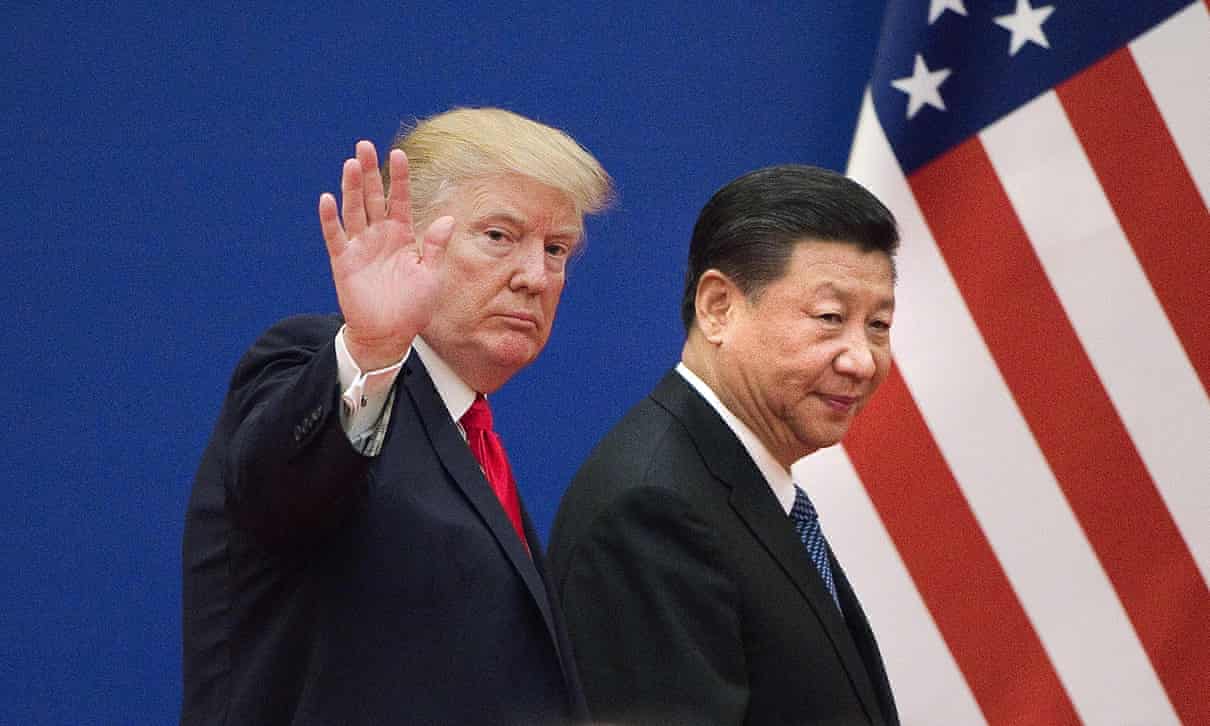A potential reprieve for Michael Flynn

VOX
- On Wednesday, the DC Circuit Court of Appeals sided with President Trump’s Justice Department and directed a lower court to dismiss criminal charges against former National Security Adviser Michael Flynn. [Reuters / Sarah N. Lynch]
- The decision is part of a sudden reversal in Flynn’s fortunes; Flynn had twice pleaded guilty to charges of lying to the FBI about conversations with Russia during the transition between administrations, but the DOJ moved to dismiss his case last month. [CNN / Katelyn Polantz]
- A district court judge had planned to examine the DOJ’s decision to do so in a hearing scheduled for next month, but Wednesday’s ruling — in which the majority argues that “a hearing cannot be used as an occasion to superintend the prosecution’s charging decisions” — puts a damper on that plan. [ABC News / Alexander Mallin]
- Previously, a former federal judge appointed to oppose the DOJ decision to end prosecution argued in a court filing that dismissing the case against Flynn was a “gross abuse of prosecutorial power ... to benefit a political ally of the President.” [Washington Post / Ann E. Marimow]
- It’s unclear where Flynn’s case, which has spanned virtually the entire Trump administration, will go from here. The decision could be reconsidered before the full court or appealed to the Supreme Court, but as Politico points out, it would be “extraordinary” for a district court judge to take either step. [Politico / Josh Gerstein and Kyle Cheney]
- It's also possible the full appeals court will choose to reconsider the decision even without a request — as Vox's Ian Millhiser writes, judges Neomi Rao and Karen Henderson, who were the majority in Wednesday's 2-1 decision, "are far-right outliers" on the court. [Vox / Ian Millhiser]
- Flynn’s case isn’t the only active storyline involving criminal conduct by Trump allies: Two prosecutors involved in the case of longtime Trump confidant Roger Stone testified on Capitol Hill Wednesday regarding political interference in Stone’s sentencing. [Vox / Andrew Prokop]
- In written testimony, DOJ prosecutor Aaron Zelinsky accused senior Justice Department leadership of exerting “significant pressure ... to water down and in some cases outright distort the events that transpired in [Stone's] trial and the criminal conduct that gave rise to his conviction.” [NPR / Carrie Johnson]
- Zelinsky, who was also a member of special counsel Robert Mueller’s team, quit Stone’s case earlier this year along with three other DOJ prosecutors after the acting US attorney for DC overrode Zelinsky’s sentencing recommendation for Stone. [Daily Beast / Spencer Ackerman]
- Stone was convicted in November and sentenced to 40 months in prison for obstruction, witness tampering, and lying to Congress; however, he has yet to begin serving his time and earlier this week requested a postponement because of the coronavirus risk in prison. [CBS News / Melissa Quinn]
 |
| Judge Emmet G. Sullivan in 2009. (Dominic Bracco II for The Washington Post) |


/cdn.vox-cdn.com/uploads/chorus_image/image/66678736/AP_20110711387213.0.jpg)



 Pool shot of audience at Pres. Trump’s speech in Arizona - the nation’s latest coronavirus hotspot - shows a single mask-wearer among the students sitting shoulder-to-shoulder
Pool shot of audience at Pres. Trump’s speech in Arizona - the nation’s latest coronavirus hotspot - shows a single mask-wearer among the students sitting shoulder-to-shoulder










 Mr. Trump did not seem to know, for example, that Britain was a nuclear power and asked if Finland was a part of Russia, Mr. Bolton writes. The president never tired of assailing allied leaders and came closer to
Mr. Trump did not seem to know, for example, that Britain was a nuclear power and asked if Finland was a part of Russia, Mr. Bolton writes. The president never tired of assailing allied leaders and came closer to  In the face of such behavior, even top advisers who position themselves as unswervingly loyal mock Mr. Trump behind his back. During the president’s 2018 meeting with North Korea’s leader, according to the book, Secretary of State Mike Pompeo slipped Mr. Bolton a note disparaging the president, saying, “He is so full of shit.” A month later, Mr. Bolton writes, Mr. Pompeo dismissed the president’s North Korea diplomacy, declaring that there was “zero probability of success.”
In the face of such behavior, even top advisers who position themselves as unswervingly loyal mock Mr. Trump behind his back. During the president’s 2018 meeting with North Korea’s leader, according to the book, Secretary of State Mike Pompeo slipped Mr. Bolton a note disparaging the president, saying, “He is so full of shit.” A month later, Mr. Bolton writes, Mr. Pompeo dismissed the president’s North Korea diplomacy, declaring that there was “zero probability of success.”


 Mr. Bolton writes that he raised concerns about both cases with Mr. Barr, who shared them. “Barr said he was very worried about the appearances Trump was creating,” Mr. Bolton writes. Similarly, he recalls, Pat A. Cipollone, the White House counsel, “was plainly stunned at Trump’s approach to law enforcement, or lack thereof.”
Mr. Bolton writes that he raised concerns about both cases with Mr. Barr, who shared them. “Barr said he was very worried about the appearances Trump was creating,” Mr. Bolton writes. Similarly, he recalls, Pat A. Cipollone, the White House counsel, “was plainly stunned at Trump’s approach to law enforcement, or lack thereof.”
